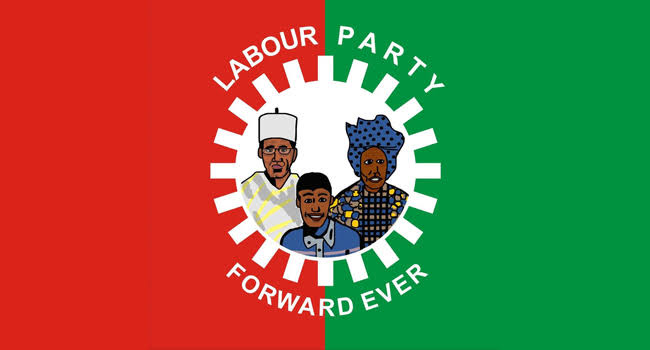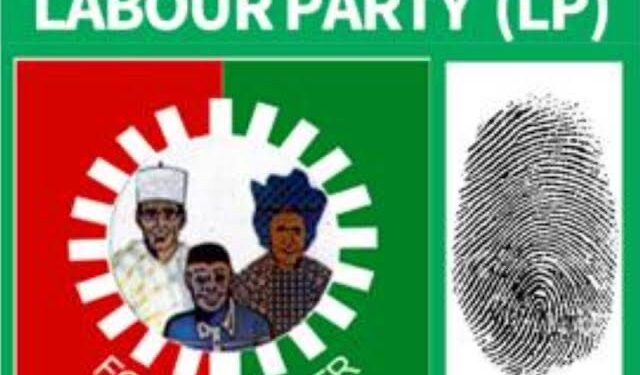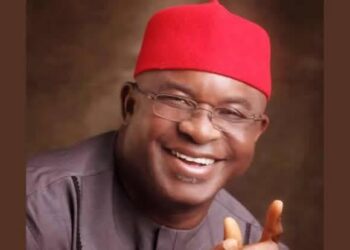Yusuf Asamah Kadiri, the Labour Party’s governorship running mate in Edo State, asserted on Tuesday that the party could have secured victory in the recent gubernatorial election if it had been conducted fairly. His remarks come after the results of the election, which many observers have criticized for irregularities and alleged malpractice.
Kadiri highlighted the significant impact of vote-buying during last Saturday’s election, which he believes hindered the Labour Party’s candidate, Olumide Apata, from achieving a better outcome. The Independent National Electoral Commission (INEC) announced that Apata finished a distant third, garnering 22,763 votes.

In contrast, Monday Okpebholo from the All Progressives Congress (APC) won decisively with 291,667 votes, while Asue Ighodalo of the Peoples Democratic Party (PDP) secured second place with 247,274 votes.
In an interview, Kadiri expressed his disappointment and frustration, stating, “In a free and fair atmosphere, we would have won that election. The electorate wanted change, but their voices were silenced by the pervasive influence of money.” He further explained that the Labour Party engaged in extensive campaigning across various local communities, actively listening to the concerns and aspirations of voters. Kadiri noted that they traveled to even the most remote villages, where residents shared their struggles and desire for a better future.

He described how, on election day, many voters who had previously expressed support for the Labour Party were swayed to change their votes due to financial incentives. “We witnessed firsthand the desperation of some voters, who felt compelled to accept money in exchange for their votes. This completely altered the electoral landscape,” Kadiri lamented.
The Labour Party is currently in discussions about possible legal action regarding the election results. Kadiri indicated that they are consulting internally on whether to challenge the outcome in court, as they seek to uphold the integrity of the electoral process. He stressed the importance of ensuring that future elections are free from corruption and influence, advocating for reforms that would safeguard democracy in Edo State.
Kadiri’s statements reflect a broader concern among opposition parties about the conduct of elections in Nigeria. Many political observers argue that vote-buying undermines democracy and erodes public trust in the electoral system. They call for stricter regulations and enforcement to combat these practices.
As the Labour Party contemplates its next steps, Kadiri remains hopeful about the party’s future and its potential to bring about meaningful change. “We will not be discouraged by this setback. The voices of the people must be heard, and we will continue to fight for their rights,” he concluded.





































